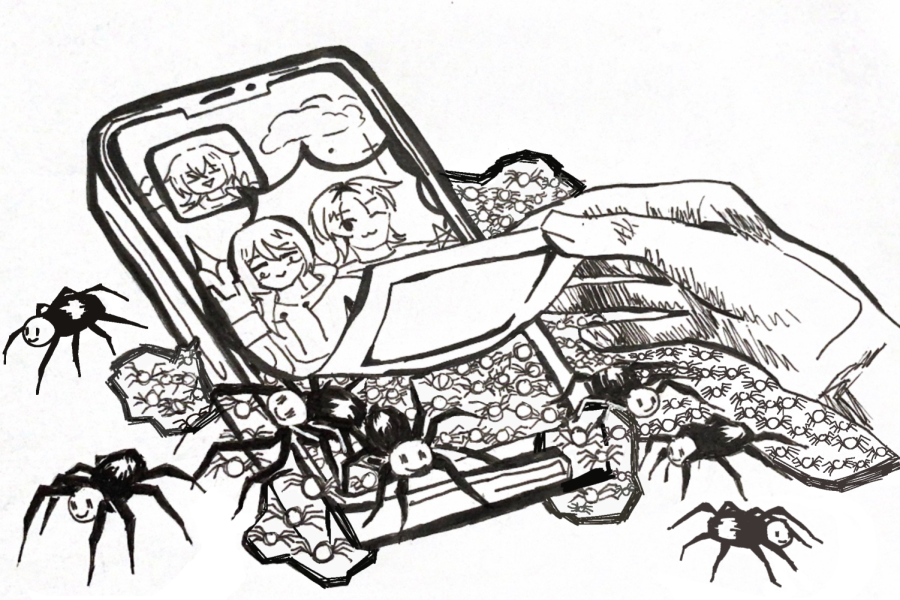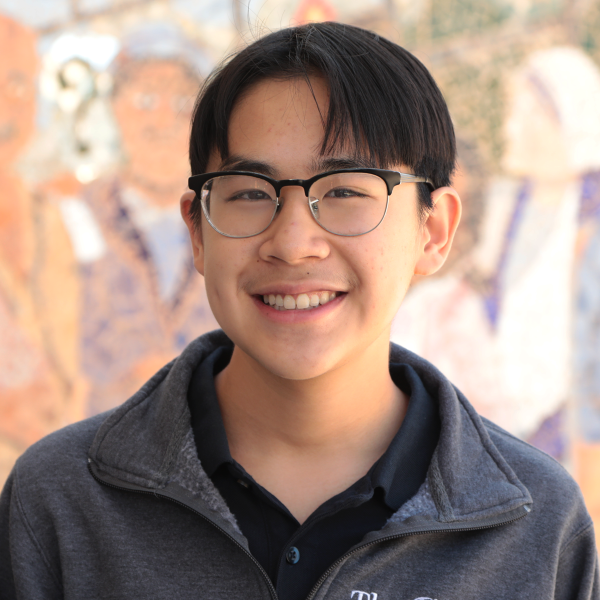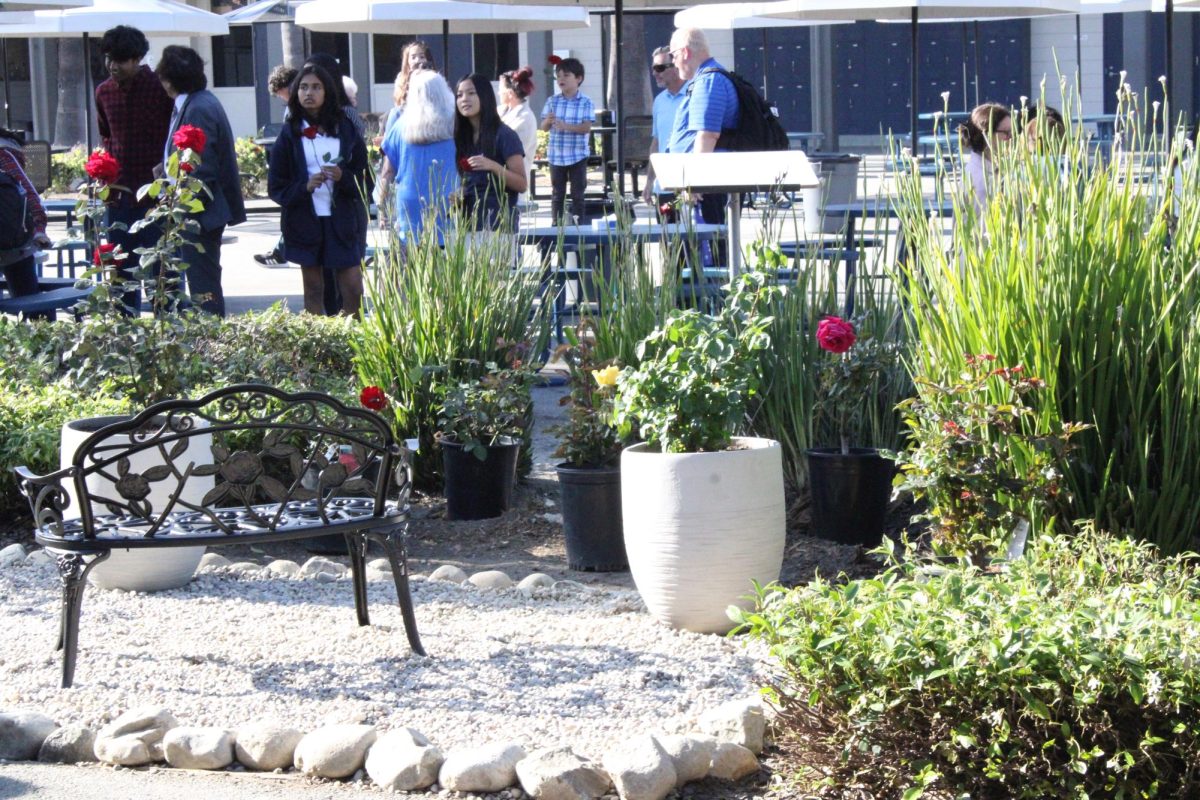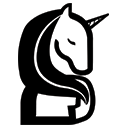Advertised as the anti-social network, the popular app BeReal sends a notification randomly every day, prompting spontaneous posts and users to “BeReal” by taking a photo in the two following minutes. Although created as a platform of authenticity, users delaying BeReals and carefully curating them have overshadowed its original intent, contributing to the cultural phenomenon of inauthenticity on the internet.
With users focused on perfection, the app’s purpose is becoming more similar to other social media. Without repercussions for posting late, BeReal’s feed is no different than curated platforms like Instagram or Facebook. As long as the next day’s BeReal hasn’t gone off, a BeReal can be over 24 hours late, making them easily faked through delays until something memorable happens. The algorithm does nothing to prevent late BeReals from garnering attention, besides a miniscule “Late by…” and retake information at the top. Instead of alleviating social media’s pressures, BeReal is creating them.
Furthermore, BeReal’s mainstream success contributes to its artificiality. With over 21 million users and contact syncing, it’s effortless to add acquaintances instead of close friends. With a wider audience, sending BeReals can feel superficial like Snapchat, where users send photos to a large audience just to keep streaks going. and BeReal is turning into a social media giant, instead of the anti-social network of authenticity it is widely advertised as.
Social media platforms copying each other often disconnect concepts from their original apps. TikTok recently launched the “Now,” feature, taking the exact concept as BeReal. This bandwagon jump reveals how internet authenticity is being reduced to a trend from BeReal’s popularity. The target demographic is merely seeking authenticity’s aesthetic, which is why TikTok copied it to capitalize on it and subsequently spread the trend. As BeReal continues to be treated like a typical social media, it loses the individuality that made it unique in the first place.
Users have also overshadowed BeReal’s original intent. Although the application has measures in place to show how real a BeReal is, it’s only reliable for a day. When sharing past BeReals, any indication of tardiness is erased, enabling people to make their lives look more exciting than they are, rendering measures useless.
Arguably BeReal has done more to perpetuate the culture of perfection than Instagram, due to its implication of authenticity. Self consciousness and fear of social ostracization ruin the point of internet authenticity, as unrealistic standards oversaturate feeds, contributing to the damaging effects of social media, soliciting unhealthy comparisons while implying realness.
It’s truly troubling that an anti-social-network is becoming an average social media platform. Ultimately, this stems from society’s relationship with social media. To create healthier relationships with social media, people need to stop making it a top priority and obsessing over posts and interactions on it. With feeds filled with perfection, authenticity online seems impossible to cultivate widespreadly. Even with the app’s name of “BeReal,” its misusage contributes to the disconnect between people from how diluted its concept has become.





























































